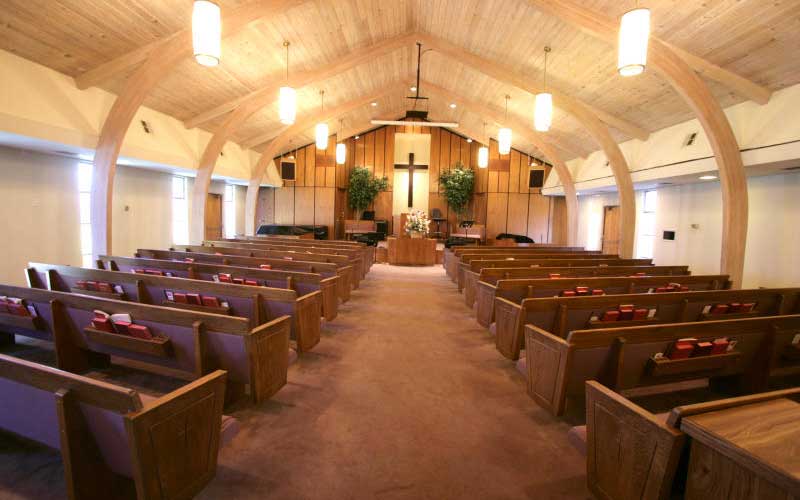×
The Standard e-Paper
Join Thousands Daily

In the recent installment of the new leadership for the Africa Inland Church (AIC), President Uhuru Kenyatta applauded the critical role that churches play in education, healthcare and counselling support.